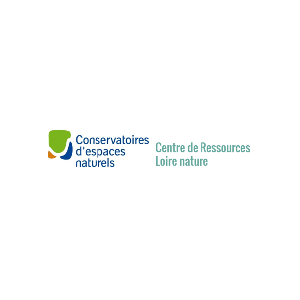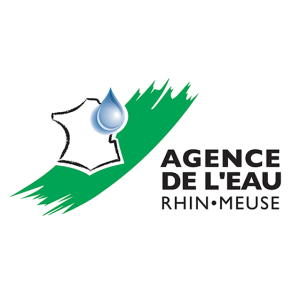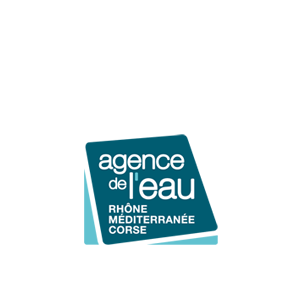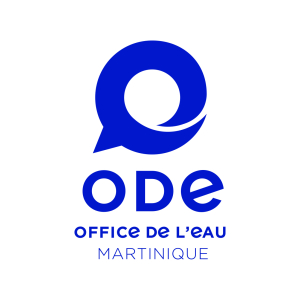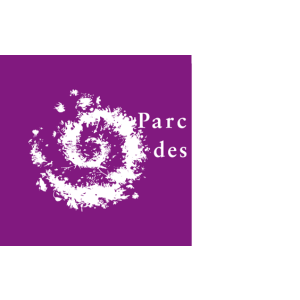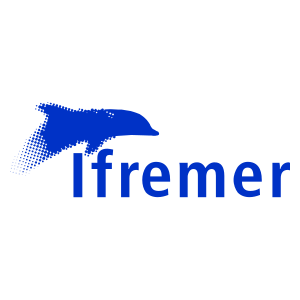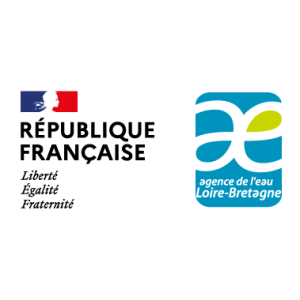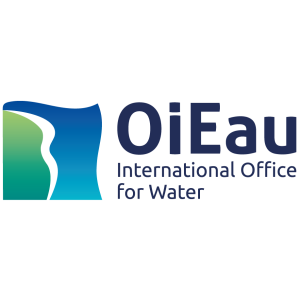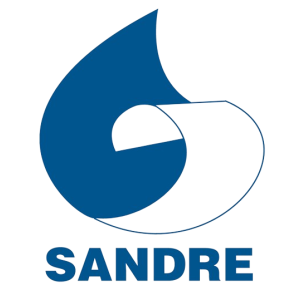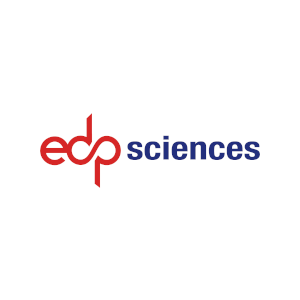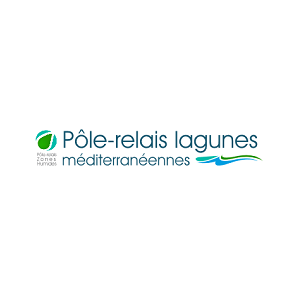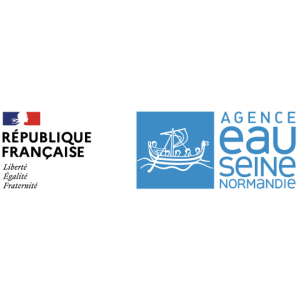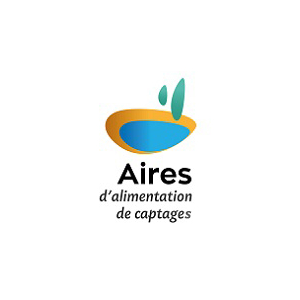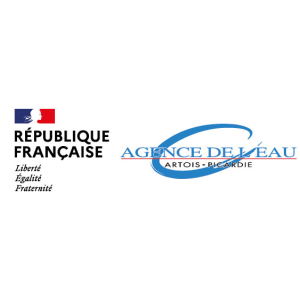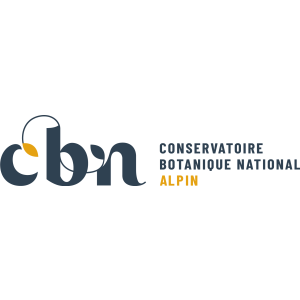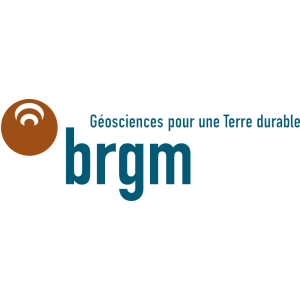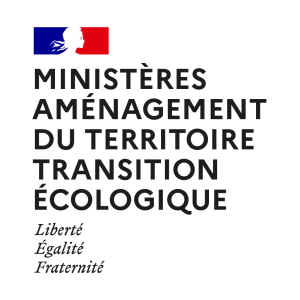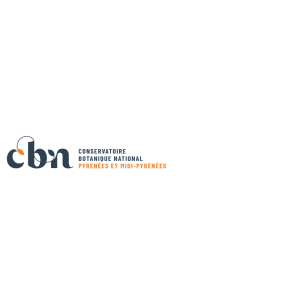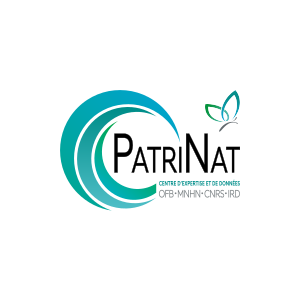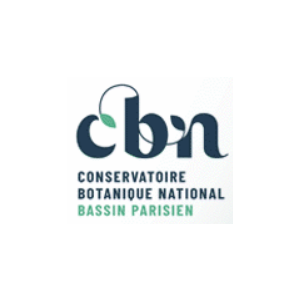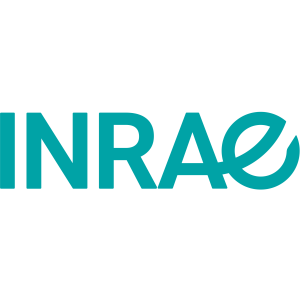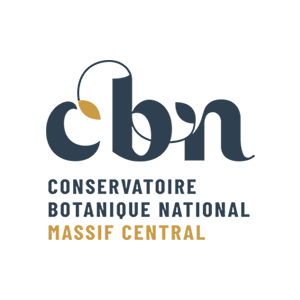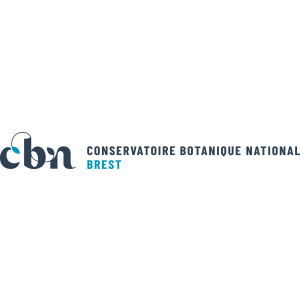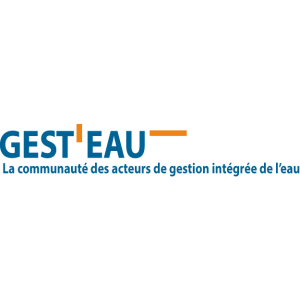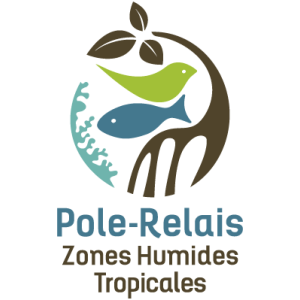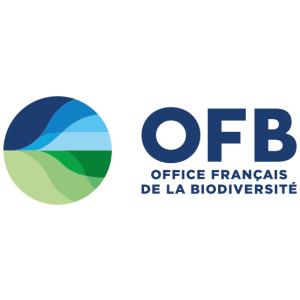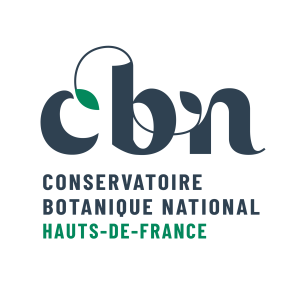
Document généré le 05/02/2026 depuis l'adresse: https://www.documentation.eauetbiodiversite.fr/fr/notice/single-nucleotide-polymorphism-markers-with-applications-in-aquaculture-and-assessment-of-its-impact-on-natural-populations
Single nucleotide polymorphism markers with applications in aquaculture and assessment of its impact on natural populations
Titre alternatif
Producteur
Contributeur(s)
Éditeur(s)
EDP Sciences
Identifiant documentaire
10-dkey/10.1051/alr/2017043
Identifiant OAI
oai:edpsciences.org:dkey/10.1051/alr/2017043
Auteur(s):
Roman Wenne
Mots clés
Aquaculture and mariculture
identification of escapees
SNP
QTL
resistance to pathogens
genomic selection
gene editing
Date de publication
23/11/2017
Date de création
Date de modification
Date d'acceptation du document
Date de dépôt légal
Langue
en
Thème
Type de ressource
Source
https://doi.org/10.1051/alr/2017043
Droits de réutilisation
Région
Département
Commune
Description
An increase in aquatic animal production can be achieved by extending aquaculture areas geographically, utilizing new species for culture, and using new technologies. Among new technologies useful for the increase of aquaculture production is the application of genetics and genomics. New molecular tools that benefit aquaculture have been developed. There has been a large number of experimental and review papers published concerning molecular markers and the range of their applications, including aquaculture and food product analyses. Analysis of single nucleotide polymorphisms (SNPs) has emerged as genotyping technology with wide and significant applications in aquaculture. SNPs can be used for construction of genetic linkage maps, finding quantitative trait loci (QTL) for useful traits like growth, body weight, grilsing, thermal and low oxygen tolerance, resistance to stress and diseases, mapping sex determination loci and identification of progeny in selection and chromosome manipulation experiments, assessment of genomic selectionand marker assisted selection in aquaculture. Genome-wide association studies (GWAS) facilitate the finding associations between SNPs and a trait in related or unrelated specimens. However, many traits are complex and can be controlled by number of QTL. Genotyping by genome reduction complexity sequencing emerged as an efficient and applicable technology in genomic selection. Identification of genes, sequences and nucleotides (substitutions) directly influencing phenotypic variations opens the possibility of marker-assisted selection for desirable characters in culture. SNP and QTL associations can be enhanced using genome editing technology. Examples of successful applications of SNPs in aquaculture of fish, crustacean and mollusk species, representing most geographic areas, and ecological risks assessment are reviewed.
Accès aux documents
0
Consultations
0
Téléchargements
